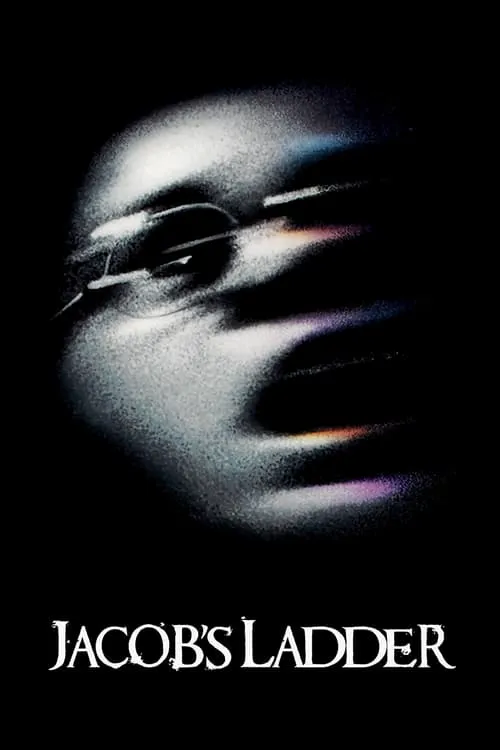Jacob's Ladder

Plot
As Jacob Singer, a weary veteran of the Vietnam War, returns home to New York City, the city's bustling streets and chaotic sounds serve as a jarring contrast to the serene, peaceful atmosphere he had known in the war-torn country. The once-stable and rugged warrior is now a fragmented and lost individual, his psyche ravaged by the harsh realities of combat. Jacob's homecoming is marked by an air of uncertainty and anxiety. His disconnection from the world around him is palpable, and his relationships with those closest to him begin to fray. His ex-wife, Sarah, with whom he shares a son, is now engaged to Louis, a kind-hearted and well-meaning chiropractor. This new development sparks an undercurrent of resentment and sadness in Jacob, as he struggles to reconcile his past and present. As the days unfold, Jacob's mental state deteriorates further, beset by disturbing visions and hallucinations. These apparitions manifest in various forms – as the ghostly apparitions of deceased soldiers, as grotesque and twisted versions of people he knows, or as manifestations of his own guilt and shame. These hallucinations often take the form of surreal and disorienting scenarios, where the boundaries between reality and fantasy are blurred. Sarah, deeply concerned for Jacob's well-being, attempts to intervene, but her efforts prove futile. Jacob's condition worsens, and the line between his past and present becomes increasingly fluid. Memories of Vietnam – the sounds, the sights, the smells – begin to seep into his waking life, often unexpectedly and terrifyingly. Jezzie, a nurse who Jacob has recently started a relationship with, is initially oblivious to the depth of Jacob's psychological turmoil. However, as she becomes more aware of the extent of his hallucinations, she finds herself caught in a vortex of uncertainty, unsure of how to help Jacob or whether to intervene. The relationships in Jacob's life – with Jezzie, Sarah, and Louis – take on a complex and multifaceted quality. While they are all well-meaning, each of them also serves as a mirror to Jacob's fractured psyche. His guilt over the death of a soldier in his unit, the 'Moriarty,' is a persistent theme, and his relationships with these individuals reflect this guilt and the self-loathing that has taken root. One such instance is the encounter between Jacob and a figure that appears to be his dead son. This haunting visitation is a stark reminder of the fragility of existence and the impermanence of human connections. In these surreal moments, Jacob's grip on reality falters even further, leaving him isolated and disconnected from the world. As Jacob's mental state continues to spiral out of control, the line between reality and fantasy becomes increasingly blurred. In a stunning climax, Jacob is forced to confront the traumas of his past, and the memories that have haunted him for so long. With this confrontation, Jacob's world begins to shatter, and his grip on reality starts to slip irreversibly. The film's portrayal of the psychological toll of war on veterans is powerful and poignant. Through Jacob's descent into madness, the filmmakers shed light on the lasting impact of trauma and the struggle to reconcile the past with the present. Ultimately, Jacob's journey serves as a powerful allegory for the destructive power of unchecked trauma and the fragility of human sanity. The film raises uncomfortable questions about the nature of reality, the power of the human psyche to distort and manipulate perception, and the fragility of human connections in the face of adversity. In the end, Jacob's fate serves as a haunting reminder of the lasting impact of war on individuals and society. The film concludes with an eerie and haunting image – the eerie, haunting sound of the subway train, symbolizing Jacob's final, irreversible slide into madness, as the screen fades to black.
Reviews
Recommendations




